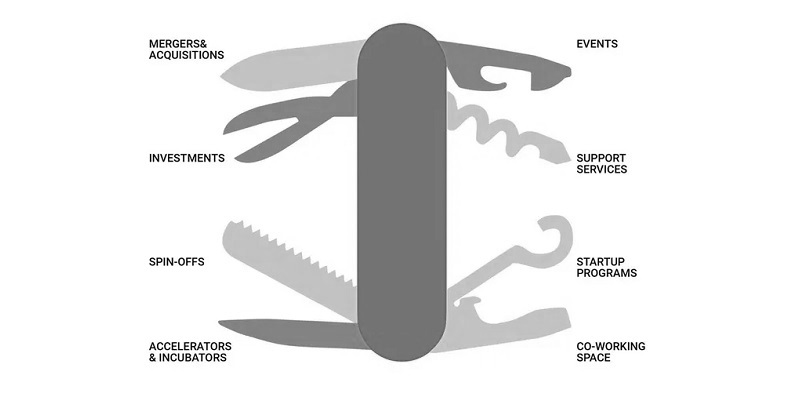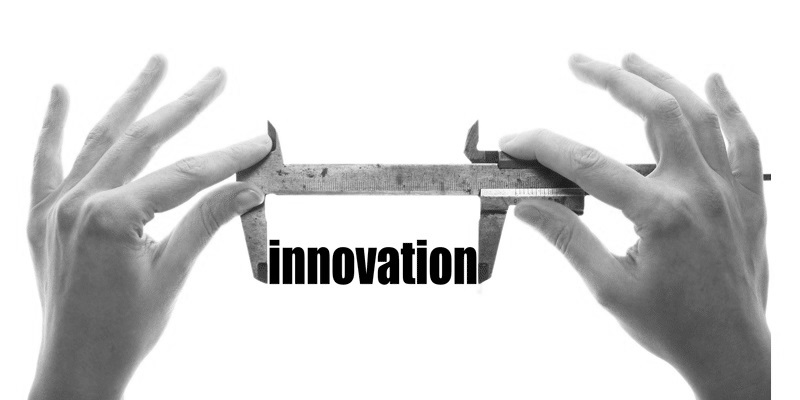Digital Transformation Strategies

Digital transformation refers to the integration of digital technologies into all aspects of a business. It goes beyond simply implementing new tools or software – it is about reimagining processes and embracing a customer-centric mindset. Key objective is to empowers enterprises to adapt quickly to changing market trends and customer demands.
This transformative journey involves not only technological advancements but also cultural shifts within an organization. Collaboration across departments becomes crucial as silos are broken down in favour of cross-functional teams working towards common goals.
Digital transformation is not a one-size-fits-all concept. It can manifest in various ways, depending on the needs and goals of an organization. Here are some different types of digital transformations that Indian enterprises may pursue:
- Process Transformation: This type focuses on optimizing internal processes by leveraging digital technologies. It involves automating manual tasks, streamlining workflows, and implementing tools like robotic process automation (RPA) to improve efficiency.
- Customer Experience Transformation: In this type, organizations aim to enhance their interactions with customers through digital channels. This includes creating user-friendly websites or mobile apps, providing personalized experiences based on customer data, and integrating customer service platforms for seamless support.
- Business Model Transformation: Here, enterprises redefine their core business models using digital technologies. This could involve shifting from traditional brick-and-mortar operations to online platforms or introducing new revenue streams through innovative offerings such as software-as-a-service (SaaS) solutions.
- Data-driven Transformation: With the immense amount of data available today, leveraging it effectively becomes crucial for decision-making and gaining insights into customer behavior. Data-driven transformation focuses on harnessing analytics and artificial intelligence (AI) capabilities to drive strategic decisions across the organization.
- Cultural Transformation: A successful digital transformation requires a shift in mindset and culture within an organization.
The challenges of the digital transformation
- Resistance to change, for the fear of displacement or unfamiliarity with the tools
- Access to skilled talent
- Data security and privacy – with increased connectivity comes an increase in cyber threats
- Integration of legacy systems can be another hurdle
- Financial constraints can impede progress towards full-scale digitization
Strategies for Indian enterprises to navigate the digital transformation:
- Focus on Customer Experience: Customer experience is paramount. Indian enterprises should prioritize enhancing their online platforms and providing personalized experiences through data-driven insights.
- Embrace a Digital Culture and learn skills: To successfully navigate the digital transformation, Indian enterprises need to cultivate a digital-first mindset at all levels of their organization
- Invest in Technology Infrastructure: This includes investing in cloud computing, data analytics, artificial intelligence, and cybersecurity solutions.
- Foster Innovation and Collaboration: Encouraging cross-functional collaborations, internally and externally, can lead to breakthrough ideas and help drive successful digital initiatives.
- Continuously Monitor Trends: It is crucial to stay updated on emerging trends and technologies that are relevant to their industry verticals.
Source: Abstract from Brijesh Saluja’s article at NASSCOM Communities












